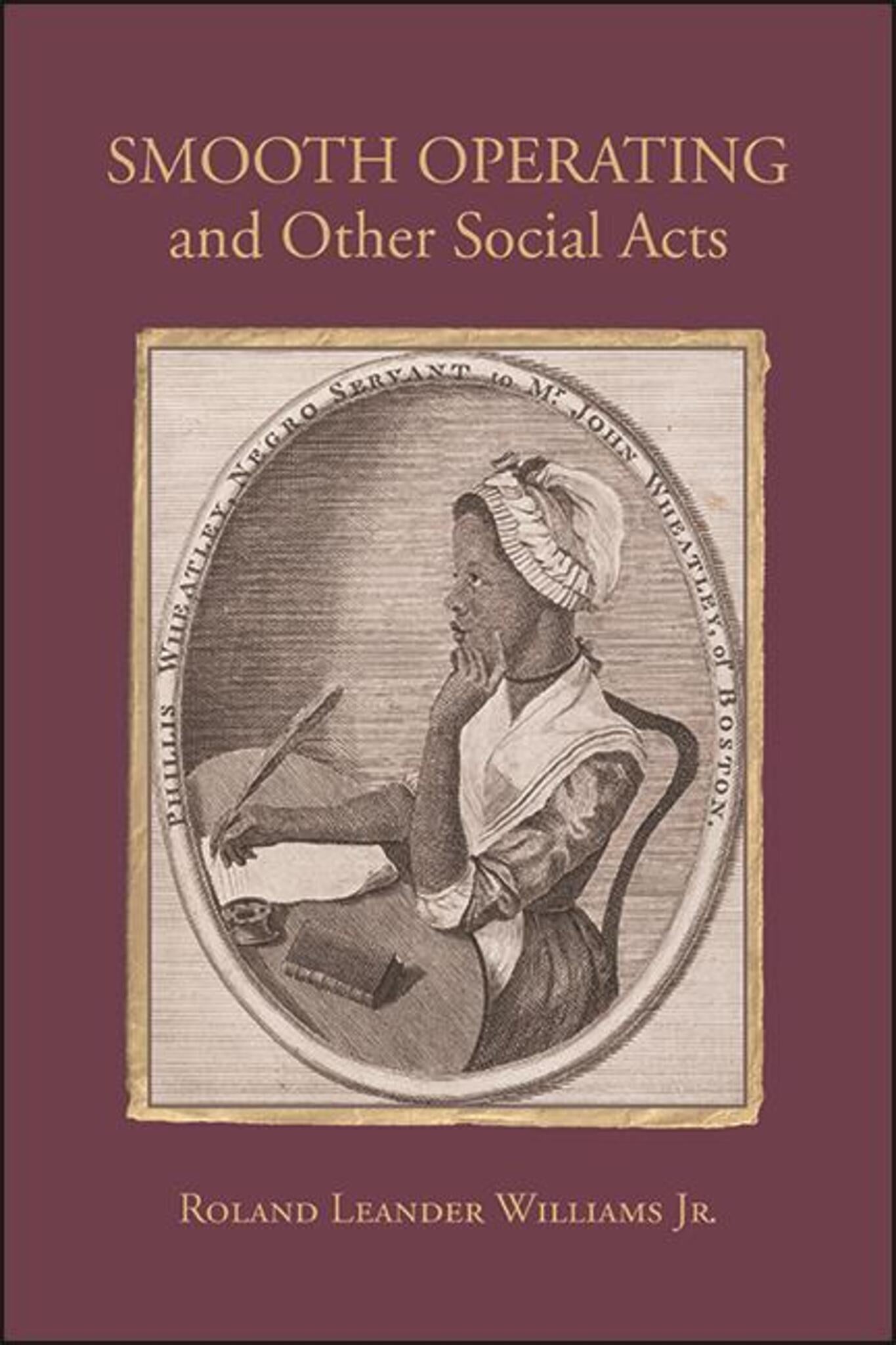We're sorry. An error has occurred
Please cancel or retry.
Smooth Operating and Other Social Acts

Some error occured while loading the Quick View. Please close the Quick View and try reloading the page.
Couldn't load pickup availability
- Format:
-
02 January 2023

An engaging homage to African American resilience and resourcefulness in US literature and culture.
Through a cultural study of writings about slavery in the United States, Smooth Operating and Other Social Acts uncovers a mode of behavior adopted by African Americans for relief from the brutality of black bondage. Roland Leander Williams grants that African Americans have been beaten, but he guarantees that they have not been broken. While he acknowledges that they have been demeaned, he assures that they have not been diminished. Williams confesses that African Americans have been done harm, but he confirms that they have not become disheartened. Close readings of classic slave narratives, along with some neo-slave narratives-including The Conjure Woman (1899), Kindred (1979), Dessa Rose (1986), and The Good Lord Bird (2013)-furnish proof that African Americans have preserved their dignity and elevated their status through ingenious applications of improvisation. Smooth Operating and Other Social Acts establishes as well that a dim view of African Americans, propagated by black bondage, bears a resemblance to sexual discrimination, which prompts female targets of its gaze to practice dissembling.


"…an important contribution to African American studies … Williams reminds readers that if social hierarchies exist in America, those who are disenfranchised may execute methods of resistance known as smooth operating to ensure their survival. Smooth Operating not only, then, is a helpful text for scholars or researchers studying practices of resistance in African American literature or history both prior to and after emancipation, but also points up the relevance of smooth operating to scholars studying practices of resistance against hierarchies of class and, as seen in chapters four and eight, hierarchies of gender." — Journal of the Midwest Modern Language Association
Acknowledgments
Prologue: On the Sly
Birth of Cool
Standards and Practices
Two of Kind
Game of Charades
Old Black Magic
Lost in Translation
Learning the Ropes
Blind Man's Bluff
Dress for Success
Postscript: On One's Game
Works Cited
Index



